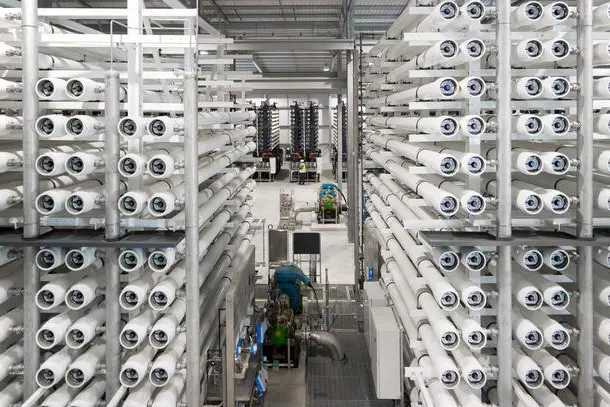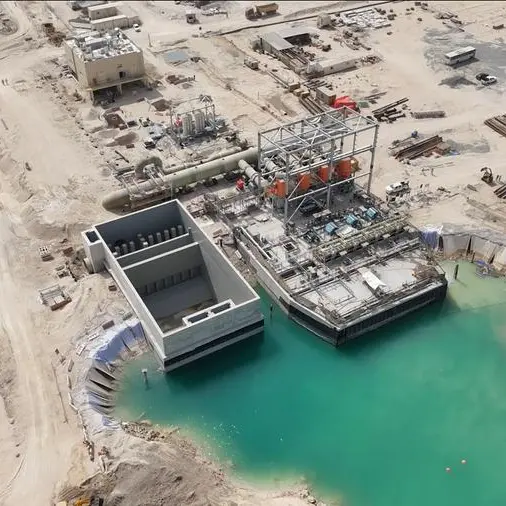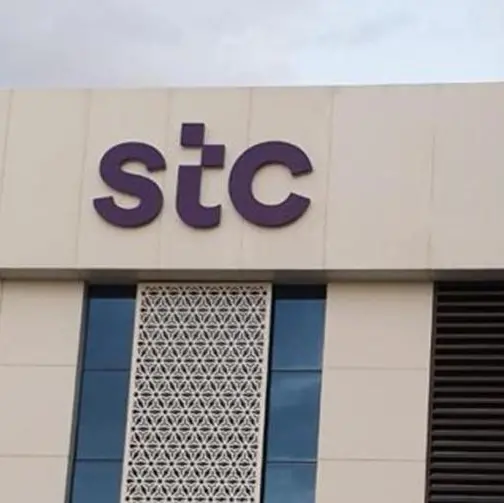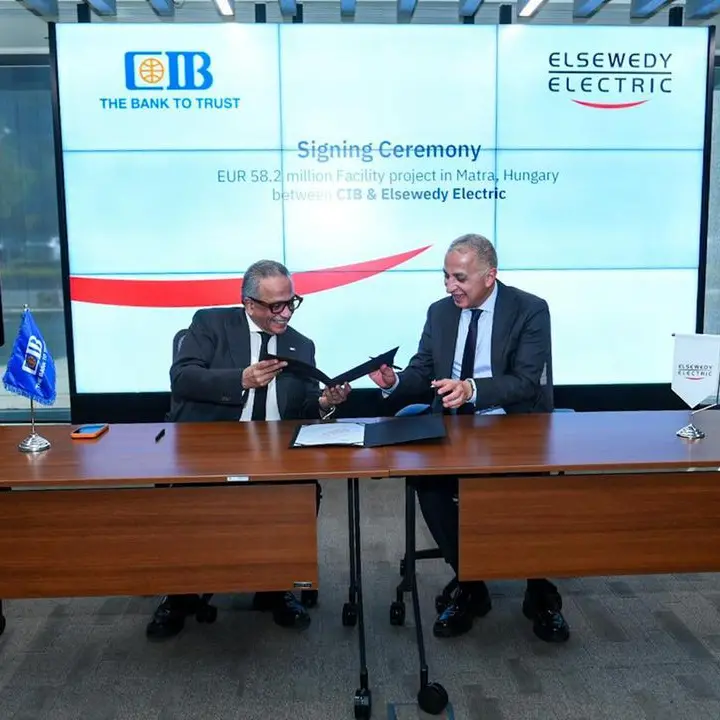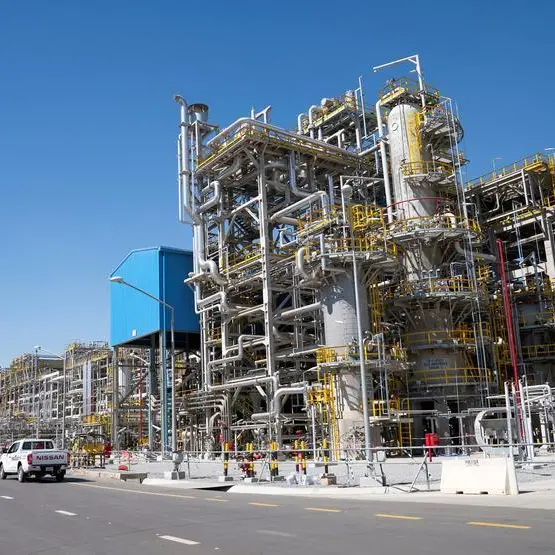PHOTO
Egypt is set to begin inviting bids for the first phase of sea water desalination projects under its ambitious Public-Private Partnership (PPP) water desalination programme in the fourth quarter of 2024.
The multi-stakeholder programme managed by The Sovereign Fund of Egypt (TSFE) with the Ministry of Finance’s PPP Central Unit aims to establish renewable energy-powered desalination plants across the country with a targeted total capacity of 8.85 million cubic metres/day (m3/day) by 2050.
Phase I involves the development of 15 desalination plants with a total capacity of 3.35 million m3/day by 2025, stated Atter Hannoura, Director, PPP Central Unit at Egypt’s Ministry of Finance.
The first batch will consist of four desalination plants, he revealed while speaking at a PPP forum in Dubai on Tuesday.
The first phase plants will be developed with an estimated total investment of $3 billion and backed by 30-year concessions, according to Hannoura’s presentation.
The tendering will commence with two desalination plants: one in Dabaa with a capacity of 40,000 m³/day and another in El Hamam with a capacity of 190,000 m³/day. The estimated total investment for these plants is $210 million. The presentation noted that tender documents are in preparation to issue the invitation to bid in the fourth quarter of 2024.
In May 2023, The Sovereign Fund of Egypt (TSFE) with the Egyptian Ministry of Finance’s PPP Central Unit prequalified 17 consortia for the first phase with the consortia classified into four categories based on previous experience.
Hannoura explained that they chose a unified pre-qualification process, given their plan to release a batch of projects every five to six months once the land is prepared.
“We didn’t want to spend a lot of time doing pre-qualification,” he said.
The finance ministry official emphasised that careful consideration is being given to environmental and sustainability issues before proceeding with batch rollouts.
Egypt’s 30-year water desalination programme, first announced in 2020, targets an almost eight-fold increase in desalination capacity from the current 1.3 million m3/day to 8.85 million m³/day by 2050.
(Editing by Anoop Menon) (anoop.menon@lseg.com)
Subscribe to our Projects' PULSE newsletter that brings you trustworthy news, updates and insights on project activities, developments, and partnerships across sectors in the Middle East and Africa
